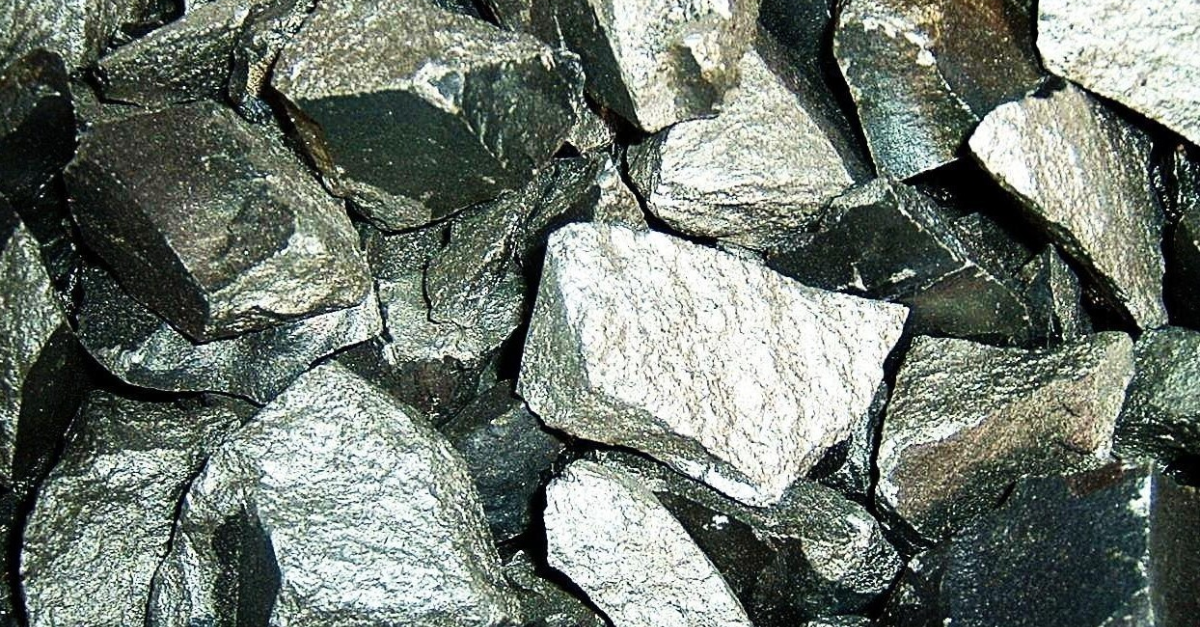

In a significant judgment, the Chhattisgarh High Court in India has quashed the Korba Collector's (the highest officer of the revenue department in the district) order that imposed a hefty royalty of INR 863.18 lakh (USD$ USD 1.04 million) on Bharat Aluminium Company (BALCO) Limited for vanadium sludge. The High Court Single Bench presided over by Justice Bibhu Datta Guru, found the order to be legally unsustainable, citing an improper examination of both legal and factual grounds.

The crux of the Court's decision rested on whether vanadium sludge— a by-product generated during the removal of impurities from bauxite as it is processed into alumina—could be classified as a mineral liable for royalty. Justice Guru ruled that vanadium sludge does not fall within the definition of a mineral, emphasising its incidental nature as a residue from the refining process.
The decision comes as a relief to BALCO, which operates an aluminium smelter in Korba, Chhattisgarh and also has bauxite mines and gets its alumina supply from the Vedanata's Lanjigarh alumina refinery. Vedanta holds 51 per cent stake in Balco, and Govt. of India has a 49 per cent stake. The company had contested the Collector's March 12, 2015 order that imposed the royalty for the period spanning 2001-02 to 2005-06.
The High Court's directive mandates that any portion of the royalty already deposited by BALCO should be refunded within 30 days of the judgment. This ruling underscores the importance of a precise legal interpretation in matters involving complex industrial by-products and their regulatory classification.
The decision has broader implications for industries engaged in the processing of minerals and could prompt a review of policies surrounding by-products not explicitly classified as minerals under existing legal frameworks.
The petitioner company's principal grievance centres on the imposition of royalty on vanadium sludge, arguing that it contravenes the Mines and Minerals (Development and Regulation) Act, 1957 (hereinafter referred to as 'the Act, 1957') and the Mineral Concession Rules, 1960 (hereinafter referred to as 'the Rules, 1960'). The petitioner asserts that vanadium sludge is not recognised as a mineral under the major or minor mineral schedules specified in the Act 1957.
In its writ petition, the petitioner maintains that vanadium sludge should not be treated as a mineral under the Act, as it is absent from any statutory classification of minerals. The company challenges the legality and jurisdiction of the impugned order, emphasising that the field of mines and minerals is governed by central legislation, which precludes the State Government or its officials from determining the mineral status of a substance under the Act.
The petitioner further contends that vanadium sludge is a by-product subject to excise duty rather than royalty, disputing the state's authority to levy royalty on it. Judicial precedents such as Ichchapur Industrial Cooperative Society Ltd. vs. Competent Authority (1997) and Hindalco Industries Ltd. vs. Union of India (2012) bolster the petitioner's claim, showing that vanadium sludge was not categorised as a mineral until the 2009 amendment, which included vanadium under "unspecified minerals"—a classification now challenged by the petitioner.
Technical expertise from the Jawaharlal Nehru Aluminium Research Development and Design Centre, a body under India's Ministry of Mines, supports the petitioner's position by confirming that vanadium sludge is not a naturally occurring mineral but rather a complex compound produced through caustic soda reactions during bauxite processing.
According to the Central Pollution Control Board (Ministry of Environment, Forest & Climate Change, Government of India), "Vanadium sludge is generated in Bayer's process in the production of alumina from bauxite, which involves treating bauxite with alkali under high pressure forming Bayer's liquor that contains a substantial amount of vanadium salts as impurities. Vanadium sludge gets precipitated when vanadium containing Bayer's liquor is cooled down or air is blown through. Vanadium sludge contains 10-20 per cent vanadium as vanadium pentoxide."
"Vanadium sludge contains about 38-45 per cent moisture, 10-20 per cent vanadium pentaoxide, 8-15 per cent sodium oxide and 2.5-3.0 per cent alumina."
The petitioner argues that the order mandating royalty is unconstitutional, citing Entry 54 of the Seventh Schedule of the Constitution, which grants exclusive regulatory authority over minerals to the Central Government. Additionally, the petitioner invokes Article 265, which prohibits the imposition of taxes without legislative backing. The company points out significant procedural flaws, including the lack of a hearing before the issuance of the royalty order. It also notes that the Mines Department's technical opinion was neither disclosed to the petitioner nor was an opportunity given to contest it before the adverse order was finalised.
On the other hand, the respondent State argues that the Act's definition of "minerals" encompasses all minerals not expressly excluded and that Rule 64B of the 1960 Rules supports the imposition of royalty on processed minerals. The petitioner, however, refutes this interpretation, arguing that vanadium sludge, being a by-product, does not meet the criteria for a "discovered" mineral under Rule 27.
Image credit: IndiaMart



Responses






